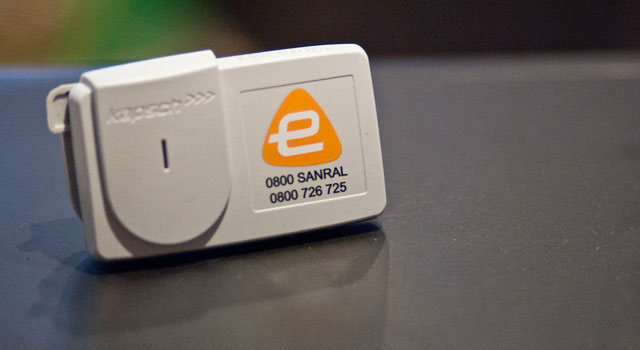
Roads agency Sanral said on Monday it will no longer flight e-toll advertisements that the Advertising Standards Authority has labelled as misleading.
“We are extremely aware of the scrutiny our advertising is exposed to and as a result we continuously strive to provide information which we believe is truthful and accurate,” spokesman Vusi Mona said in a statement. “Sanral has no intention to mislead the public. We take note of all conditions of the law and will continue to comply.”
The Advertising Standards Authority found that Sanral could not prove it had sold 1,2m e-tolling tags and thus could not make this claim in its ads.
The Opposition to Urban Tolling Alliance (Outa) and two others lodged complaints with the advertising body about Sanral’s ads.
The authority upheld two of the complaints and partially upheld a third because Sanral, although given ample time, did not submit any evidence or independent verification for its claims.
Outa spokesman John Clarke on Monday said the ruling demonstrated the importance of active citizenship. “We and many others did not believe Sanral’s claims in their advertising campaign when they were made months ago. These rulings are significant because they once again portray Sanral as an organisation that lacks transparency and cannot be trusted with their misleading advertising,” he said.
Mona said e-tag sales figures remained unaudited. There was a difference between e-tags sold and people registered on the system. “Registrations do not just refer to vehicles fitted with e-tags, it can be any vehicle that is registered an e-toll account, with or without an e-tag, and might or might not include exempt vehicles,” Mona said.
“E-tags taken up refer to e-tags registered on the e-toll system, and might or might not include e-tags taken up by key account holders, registered on their system, but not necessarily registered on the e-toll system, and might or might not include e-tags ‘sold’ at the retailers, again that might not be linked to a vehicle or registered on the e-toll system.”
A key account holder could be a company such as a bank, or a vehicle rental business. They obtained e-tags from Sanral, and distributed these to their vehicles or clients, then registered them on their own system and then uploaded the details in bulk onto the e-toll system.
There were a number of factors which influenced the figures. “All of these factors lead to misunderstanding of the figures that Sanral reports on,” said Mona. “The accusation that Sanral is dishonest about the e-tag figures is concerning to us and we take it very seriously.”
He said that in future all figures released by Sanral would have to be audited. “The demand for the figures to be audited basically means Sanral can only release these once per annum after the auditor-general has audited the agency.” — Sapa

